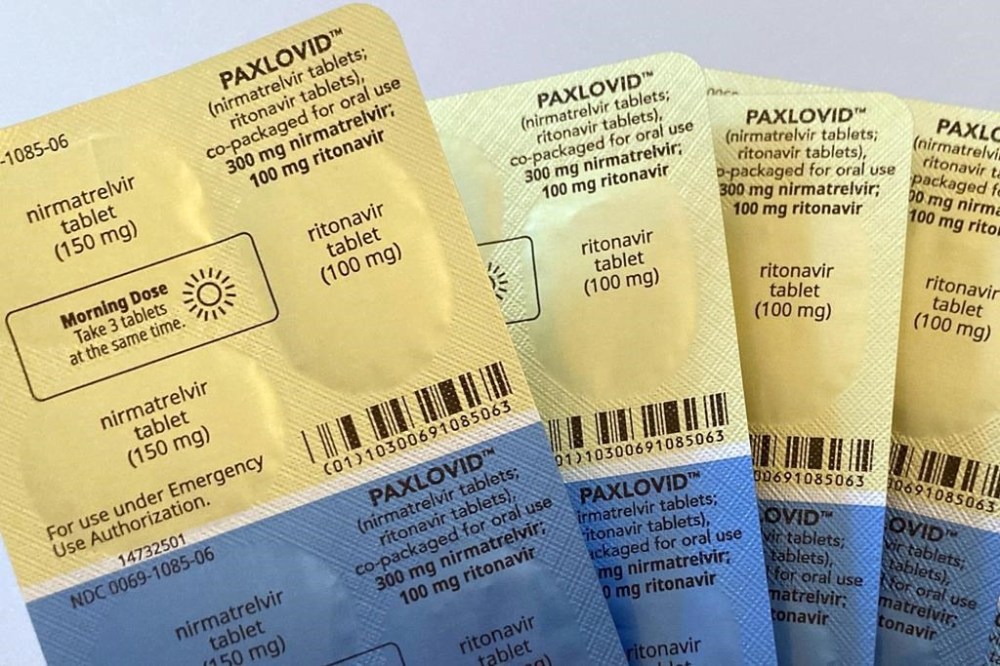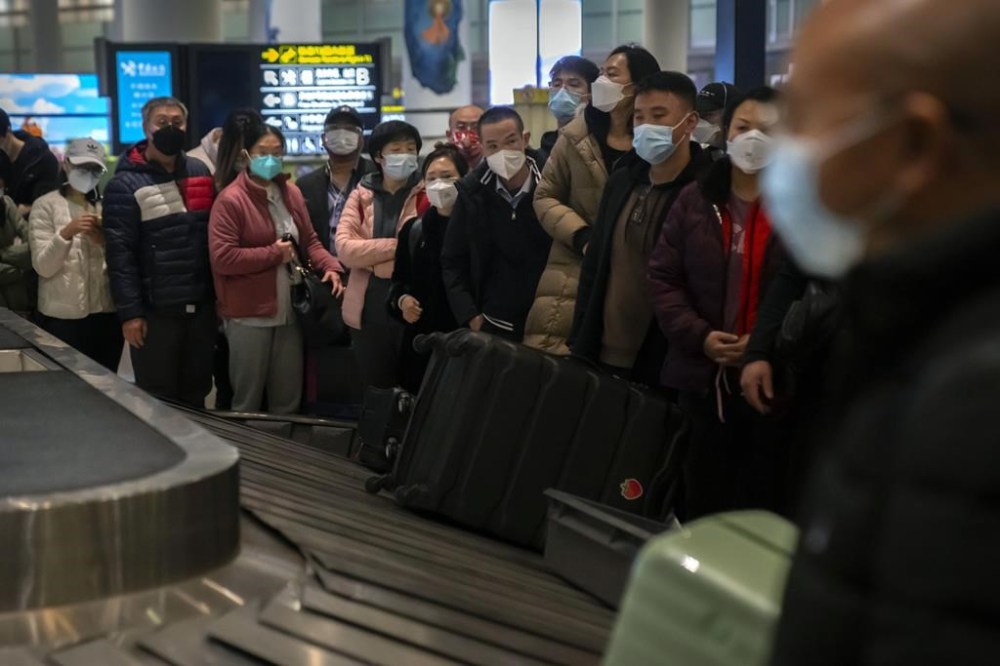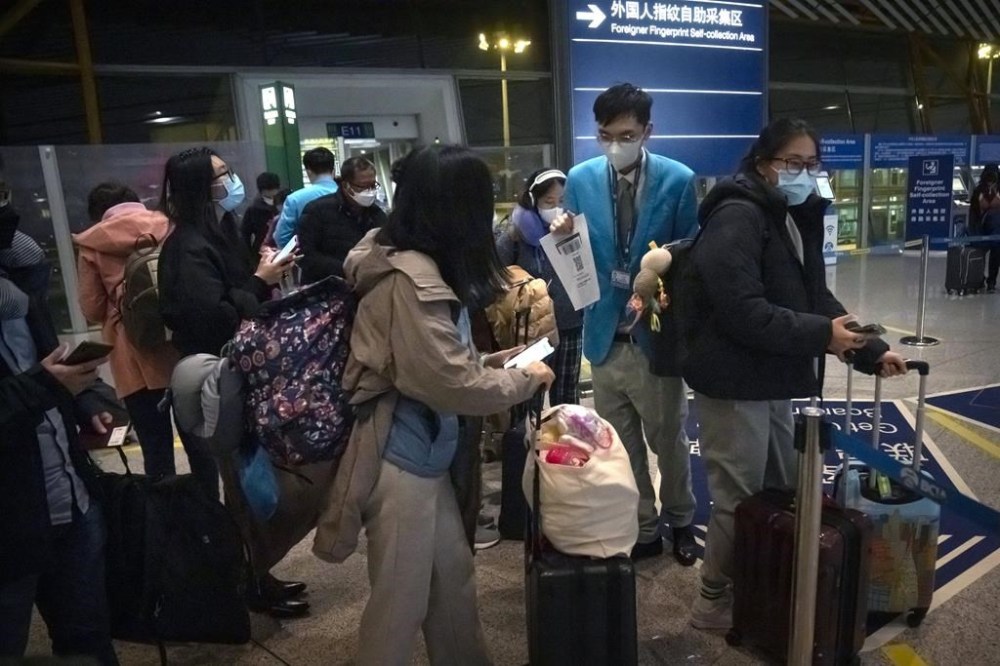Pfizer’s Paxlovid not included in China’s national insurance
Advertisement
Read this article for free:
or
Already have an account? Log in here »
To continue reading, please subscribe:
Monthly Digital Subscription
$19 $0 for the first 4 weeks*
- Enjoy unlimited reading on winnipegfreepress.com
- Read the E-Edition, our digital replica newspaper
- Access News Break, our award-winning app
- Play interactive puzzles
*No charge for four weeks then billed as $19 plus GST every four weeks. Offer only available to new and qualified returning subscribers. Cancel any time.
Read unlimited articles for free today:
or
Already have an account? Log in here »
Hey there, time traveller!
This article was published 08/01/2023 (716 days ago), so information in it may no longer be current.
TAIPEI, Taiwan (AP) — Chinese health care authorities declined to include Pfizer’s COVID-19 treatment drug in a national reimbursement list that would have allowed patients to get it at a cheaper price throughout the country, saying it was too expensive.
Paxlovid, an oral medicine developed by New York-based drugmaker Pfizer, has been widely sought after in China since the country began phasing out its “zero-COVID” restrictions and a surge of infections started sweeping through the country. Although it is supposed to be prescribed by medical professionals, that hasn’t stopped people from scrambling to purchase it on their own through any means at their disposal — including buying generic Indian versions of the drug through the internet, according to local media reports.
Health care policymakers can leverage bulk purchases to lower prices in negotiations with pharmaceutical companies that, in turn, can net a steady source of revenue. A drug must be included on the reimbursement list to be covered by the national insurance scheme. China will include two other COVID-19 drugs, the Chinese-made antiviral Azvudine and the Chinese herbal blend medicine Qingfei Paidu Granules, the National Healthcare Security Administration said in a statement Sunday.

Paxlovid will still be available for use for those patients who can afford it. Paxlovid and Azvudine are prescription drugs used to prevent mild COVID-19 cases from becoming more severe.
Pfizer’s CEO Albert Bourla said the company was working directly with Chinese authorities who have shown “tremendous interest” in the treatment. “We are sending as much Paxlovid as we can,” he said Monday in an interview with CNBC. He did not mention Paxlovid being excluded from the national reimbursement list.
While the Chinese government has blocked the import of non-Chinese-made vaccines such as the Pfizer mRNA shot, relying on domestically made vaccines, it nonetheless approved the company’s COVID-19 drug for import in February 2022.
The country is grappling with a major COVID-19 wave, as the virus has swept through major cities such as Beijing and Chengdu. Sunday was the first day in almost three years that visitors no longer needed to quarantine when traveling to China.




